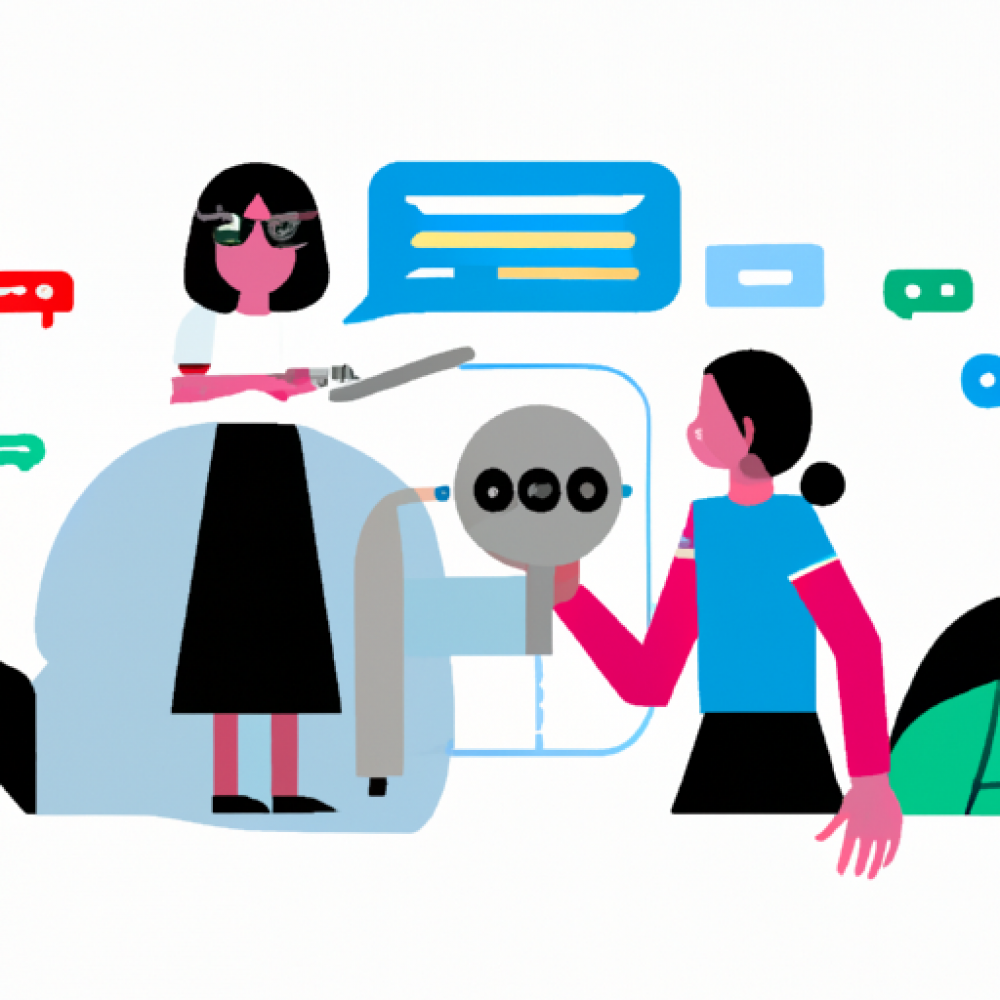
The Future of Search Engines: Integrating Conversational AI
Google has announced the integration of an experimental conversational AI service called Bard into its search engine. The service, which will be released in the coming weeks, seeks to combine the breadth of the world's knowledge with the power, intelligence, and creativity of Google's AI technology. Bard draws on information from the web to provide fresh, high-quality responses and is described as "an outlet for creativity and a launchpad for curiosity". Microsoft, meanwhile, is set to integrate OpenAI's popular chatbot ChatGPT within its Bing search engine. It's expected that the new AI-powered version of Bing will be able to draw on up-to-date information. Experts suggest the integration of more seductive chatbots will change how we use the internet, and that search engines will need to try harder to understand our use of language while still collecting data to make money.
AI-powered search engines are the latest battleground between tech giants Google and Microsoft. Both firms have invested billions of dollars into developing the technology, and now the two firms are revealing how they plan to integrate conversational AI into their search engines. In a blog post, Google CEO Sundar Pichai called AI "the most profound technology we are working on today". He added that soon, AI-powered features would "distil complex information and multiple perspectives into easy-to-digest formats, so you can quickly understand the big picture and learn more from the web".
Google's new service, Bard, will seek to combine the breadth of the world's knowledge with the power, intelligence, and creativity of Google's AI technology. It will provide fresh, high-quality responses to users' queries by drawing on information from the web. According to Mr Pichai, AI can be helpful in synthesising insights for questions where there is no one right answer. This move comes amid increasing demand from Google's users for deeper insights and understanding.
Meanwhile, Microsoft is set to integrate OpenAI's popular chatbot ChatGPT within its Bing search engine. The move has been seen as a significant threat to Google, which dominates the search engine market. The AI-powered version of Bing shows a new "chat option" in its menu bar, where it can ask and answer questions in a conversational manner while citing its own sources. The current public version of ChatGPT is trained on internet data up to 2020, but the new version is expected to be able to draw on up-to-date information.
Experts suggest that chatbots will change how we use the internet, and that search engines will need to try harder to understand our use of language while still collecting data to make money. Professor Toby Walsh, chief scientist of the AI Institute at the University of New South Wales, warns that this integration of technology poses "a real, potentially existential threat, to a company like Google". It's a shift that means search engines will be trying harder to understand our use of language — while still collecting the data they need to make money — instead of just trying to find accurate or profitable search results.
In conclusion, the integration of conversational AI into search engines is set to revolutionize the way we use the internet. With Google's new service, Bard, and Microsoft's partnership with OpenAI, the race is on to see which tech giant will dominate this new and rapidly evolving field. However, the rise of chatbots also raises important questions about the future of our personal data and privacy. As these companies look to collect more information about us, there is a growing need for regulation and oversight to ensure that our data is not exploited for commercial gain.
Interested in the latest updates on AI technology? Follow us on Facebook and join our group (Link to Group) to leave your comments and share your thoughts on this exciting topic!
